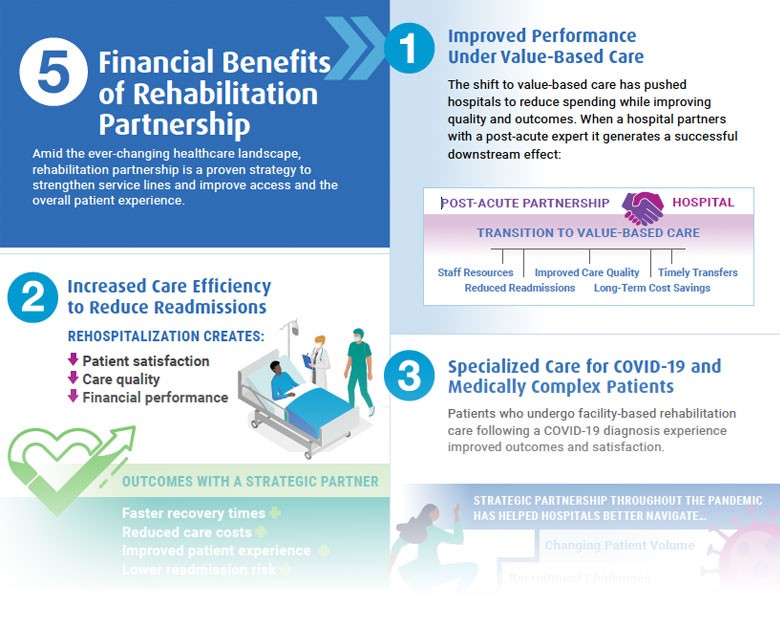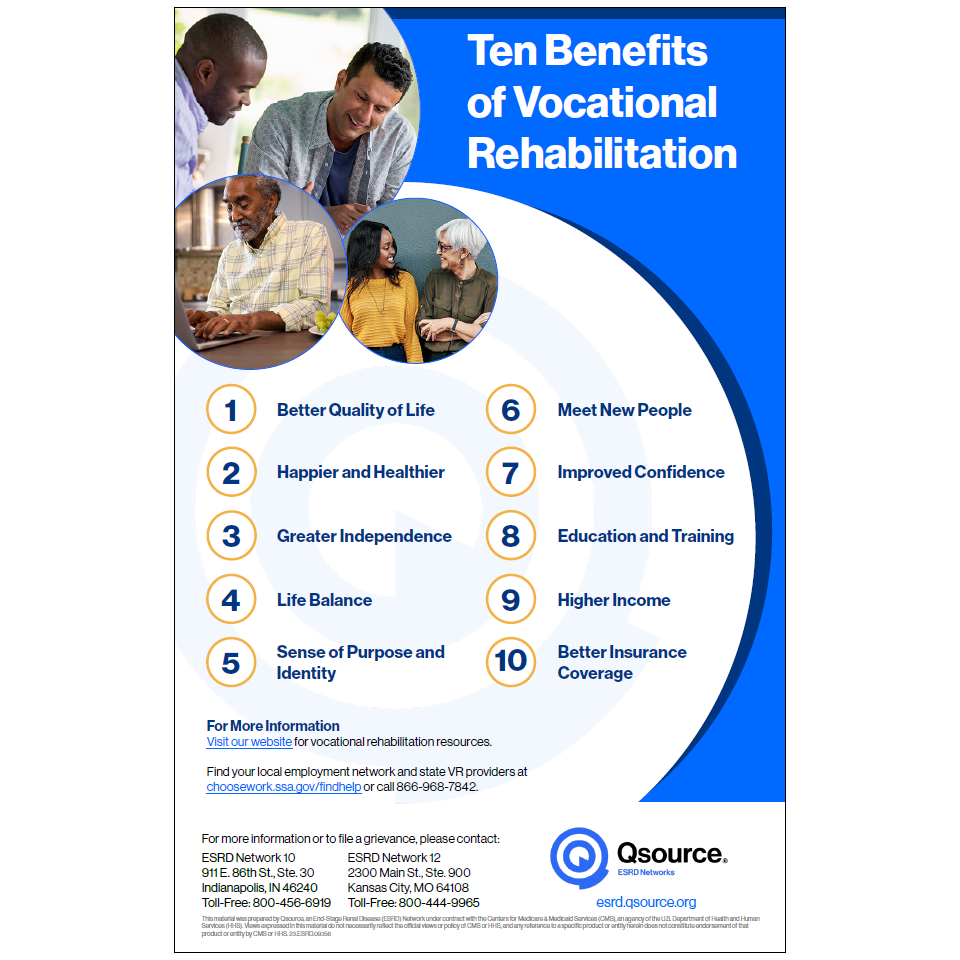Getting The Narconon Africa To Work
Getting The Narconon Africa To Work
Blog Article
The Definitive Guide for Narconon Africa
Table of ContentsGetting My Narconon Africa To WorkThe 4-Minute Rule for Narconon AfricaThe Greatest Guide To Narconon AfricaHow Narconon Africa can Save You Time, Stress, and Money.All About Narconon AfricaSome Known Facts About Narconon Africa.The smart Trick of Narconon Africa That Nobody is Discussing
In a collection of papers with Manudeep Bhuller and Katrine V. Lken, we overcome these information obstacles and the nonrandomness of jail time, providing brand-new understandings into just how imprisonment influences relapse, employment, kids, and criminal networks - Overcoming addiction. Number 1 Our job research studies the impacts of imprisonment in Norway, a setting with 2 vital benefitsWe can better connect this information to various other relative, including kids and brother or sisters. We have info on co-offending that allows us to map out criminal networks for observed crimes. Second, we can leverage the arbitrary project of criminal cases to judges who differ in their propensities to send out accuseds to prison.
Some courts send accuseds to jail at a high price, while others are more lenient. We determine a judge's stringency as the average imprisonment rate for all other instances a judge manages, after controlling for court and year fixed results, which is the degree of random project. This quasi-random assignment of judge stringency can be made use of as a tool for imprisonment, as it strongly predicts the court's choice in the current instance, but is uncorrelated with other case qualities both deliberately and empirically.
Fascination About Narconon Africa
Features of prisoners, consisting of demographics and criminal activity classifications, are extensively similar in Norway and various other countries, including the United States, with the exceptions that the US murder rate is a lot higher, and race plays a larger role there. What stands apart as different, particularly contrasted with the United States, is the jail system.
Number 2In Norway, the ordinary time spent behind bars is a little over six months, which is similar to most other Western European countries. This contrasts with average United States prison time of practically 3 years, which remains in huge component the factor the United States is an outlier in its imprisonment price compared with the rest of the world [Figure 1]
How Narconon Africa can Save You Time, Stress, and Money.
This offers far more separation between small and hardened offenders than exists in the USA. There is no overcrowding in Norwegian jails and better personal safety and security, with each prisoner being appointed to their very own cell and a greater inmate-to-staff ratio than in the USA (https://gravatar.com/narconon0346). Prisons in Norway additionally supply well-funded education and learning, medicine therapy, mental health, and work training programs
Our research on the results of imprisonment on the culprit, making use of the arbitrary project of courts as an instrument, returns 3 crucial searchings for. First, imprisonment inhibits better criminal actions. We discover that incarceration decreases the chance that an individual go to my blog will certainly reoffend within 5 years by 27 percent factors and decreases the equivalent number of criminal charges per person by 10 fees.
Some Known Details About Narconon Africa
We locate substantial declines in reoffending chances and collective charged crimes even after defendants are released from prison. Our second result is that prejudice as a result of option on unobservable specific attributes, if disregarded, brings about the incorrect conclusion that time invested behind bars is criminogenic. If we merely compare criminal defendants sentenced versus those not sentenced, we locate favorable organizations between incarceration and succeeding crime.
This stands in contrast to our evaluation based upon the random project of courts, which finds an opposite-signed result. Third, the decrease in criminal offense is driven by individuals that were not working before imprisonment. Among these people, imprisonment boosts participation in programs routed at boosting employability and lowering recidivism, and this eventually increases employment and earnings while dissuading criminal habits.

Jail time creates a 34 portion point rise in participation in work training programs for the previously nonemployed, and within 5 years their employment price increases by 40 percentage factors. At the same time, the probability of reoffending within five years is reduced by 46 portion factors, and there is a decrease of 22 in the typical number of criminal fees.
Some Known Incorrect Statements About Narconon Africa

A possible explanation for the distinction is that Norway's jail system varies markedly, both in regards to prison-term length and jail problems, from the United States prison system. While recognizing the results of imprisonment on the transgressor is a vital primary step, capturing spillover effects is additionally important for reviewing criminal justice plan and creating effective prison systems.
All About Narconon Africa

Common the very least squares approximates disclose that youngsters of incarcerated dads are 1 percentage point a lot more likely to be charged with a crime, family member to a mean of 13 percent, and show no result on institution qualities. Using our judge stringency instrument, we locate no analytical evidence that a daddy's imprisonment affects a youngster's own criminal activity or school qualities, yet we are unable to eliminate modest-sized results.
The 30-Second Trick For Narconon Africa
We specify criminal groups based on network links to prior criminal cases. Our analysis yields 3 major findings. When a criminal network member is incarcerated, their peers' probability of being billed with a future criminal activity lowers by 51 portion points over the next 4 years. Also, having an older brother jailed lowers the possibility his younger sibling will certainly be billed with a criminal activity by 32 percentage factors over the following 4 years.
Report this page